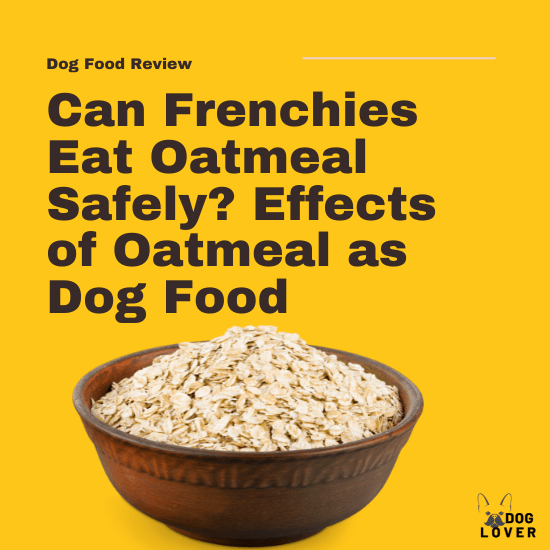Can dogs eat hemp seeds?
As pet owners become more conscious about their furry friends’ nutrition, many are exploring natural supplements to enhance their dogs’ diets.
One such option that is gaining popularity is hemp seeds. But can dogs safely consume hemp seeds?
Let’s dive into everything you need to know about incorporating these nutrient-dense seeds into your canine companion’s diet.
What Are Hemp Seeds?
Hemp seeds come from the hemp plant, a variety of the Cannabis species. Although related to marijuana, hemp seeds contain negligible amounts of THC (the psychoactive compound in cannabis) and do not produce any “high” effect.
They’re simply nutritious seeds packed with beneficial compounds for your dog.
The Nutritional Powerhouse
Hemp seeds are truly a nutritional powerhouse for dogs, containing:
- Essential Fatty Acids: Rich in omega-3 and omega-6 fatty acids in an optimal ratio
- High-Quality Protein: Approximately 9 grams per 3-tablespoon serving
- Dietary Fiber: Promotes digestive health and regular bowel movements
- Vitamins: Including A, D, and E for eye health, bone strength, and antioxidant protection
- Minerals: Potassium, calcium, iron, zinc, and magnesium for various bodily functions
Health Benefits for Your Dog
Improved Skin and Coat Health
The balanced ratio of omega-6 to omega-3 fatty acids helps keep your dog’s skin hydrated, preventing a dull coat and reducing itchiness. Many dog owners report shinier, healthier-looking fur after adding hemp seeds to their pet’s diet.
Joint Support
Hemp seeds possess natural anti-inflammatory properties that may help dogs suffering from joint issues like arthritis or hip dysplasia. They contain linoleic acid (an omega-6 fatty acid) and linolenic acid (an omega-3 fatty acid), which can provide joint pain relief and improve mobility.
Digestive Health
The fiber content in hemp seeds promotes healthy digestion by adding bulk to stools and supporting regular bowel movements. This can be particularly beneficial for dogs prone to constipation or digestive issues.
Heart Health
Hemp seeds are rich in magnesium, which helps regulate heart rhythm and may prevent coronary heart disease by supporting strong, healthy blood vessels.
Anxiety Reduction
Some evidence suggests that the omega-3 and omega-6 fatty acids in hemp seeds may help combat anxiety and depression in dogs, potentially helping nervous or anxious pets feel calmer.
Potential Risks and Considerations
While hemp seeds offer numerous benefits, there are some important considerations:
Digestive Upset
When first introducing hemp seeds, some dogs may experience temporary digestive issues like vomiting or diarrhea. Start with a small amount and gradually increase the serving size to allow your dog’s system to adjust.
Allergic Reactions
Though rare, dogs can develop allergies to hemp seeds. Watch for symptoms such as skin irritation, itching, paw biting, ear infections, and gastrointestinal issues. If you notice any of these signs, discontinue use and consult your veterinarian.
Drug Interactions
Hemp seeds contain oily acids that could potentially affect how some medications are metabolized, especially liver-metabolized drugs. Always consult your vet before adding hemp seeds to your dog’s diet if they’re taking any medications.
Quality Matters
Not all hemp seeds are created equal. Choose organic, non-GMO hemp seeds from reputable sources to avoid pesticides, harmful chemicals, and any potential THC contamination.
How to Feed Hemp Seeds to Your Dog
Incorporating hemp seeds into your dog’s diet is simple:
- Start Small: Begin with a small amount (about 1/2 teaspoon for small dogs, 1 teaspoon for medium dogs, or 1 tablespoon for large dogs) and observe your pet for any adverse reactions.
- Sprinkle Method: Simply sprinkle the recommended amount over your dog’s regular food. For puppies, use half the adult dosage.
- Mix with Wet Food: Hemp hearts (shelled hemp seeds) can be easily mixed with wet food for picky eaters.
- Consistency is Key: For best results, add hemp seeds to your dog’s diet consistently rather than occasionally.
Important Distinctions: Hemp Seeds vs. CBD vs. Hemp Oil
It’s crucial to understand the differences:
- Hemp Seeds: Nutritious food source made from hemp seeds with no CBD content
- Hemp Seed Oil: Extracted from hemp seeds, rich in fatty acids but contains very little CBD
- CBD Oil: Made from the whole hemp plant or extracted from parts of it, with different potential benefits
- Hemp Oil: Sometimes refers to CBD oil, so check product specifications carefully
The Bottom Line
Hemp seeds can be a valuable addition to your dog’s diet, offering a range of nutrients and potential health benefits for their skin, joints, digestion, and overall wellness.
However, as with any dietary supplement, it’s important to introduce them gradually, monitor your dog for any adverse reactions, and consult with your veterinarian before making significant changes to your pet’s diet.
Remember that while hemp seeds can support your dog’s health, they should complement—not replace—a balanced diet appropriate for your dog’s age, size, and activity level.
Have you tried hemp seeds with your dog? We’d love to hear about your experience in the comments below!


